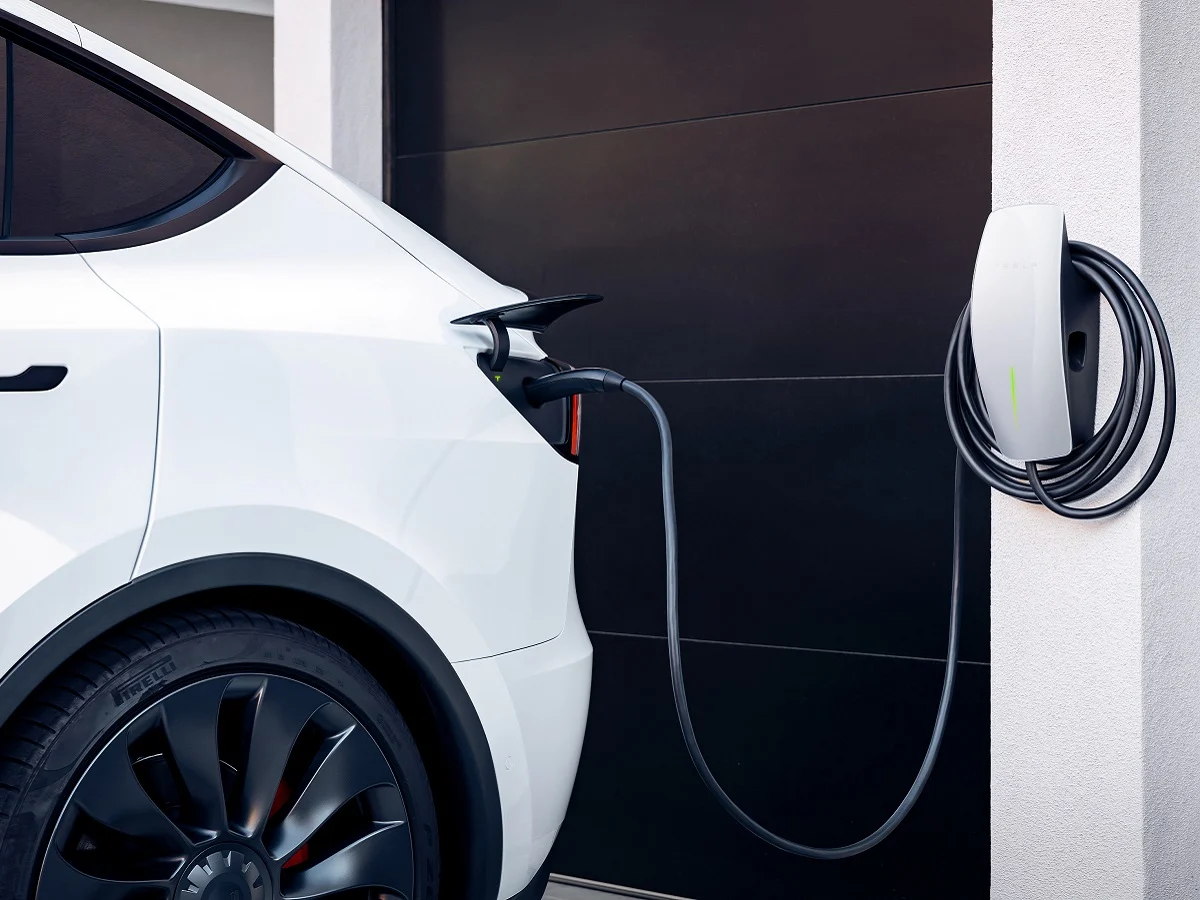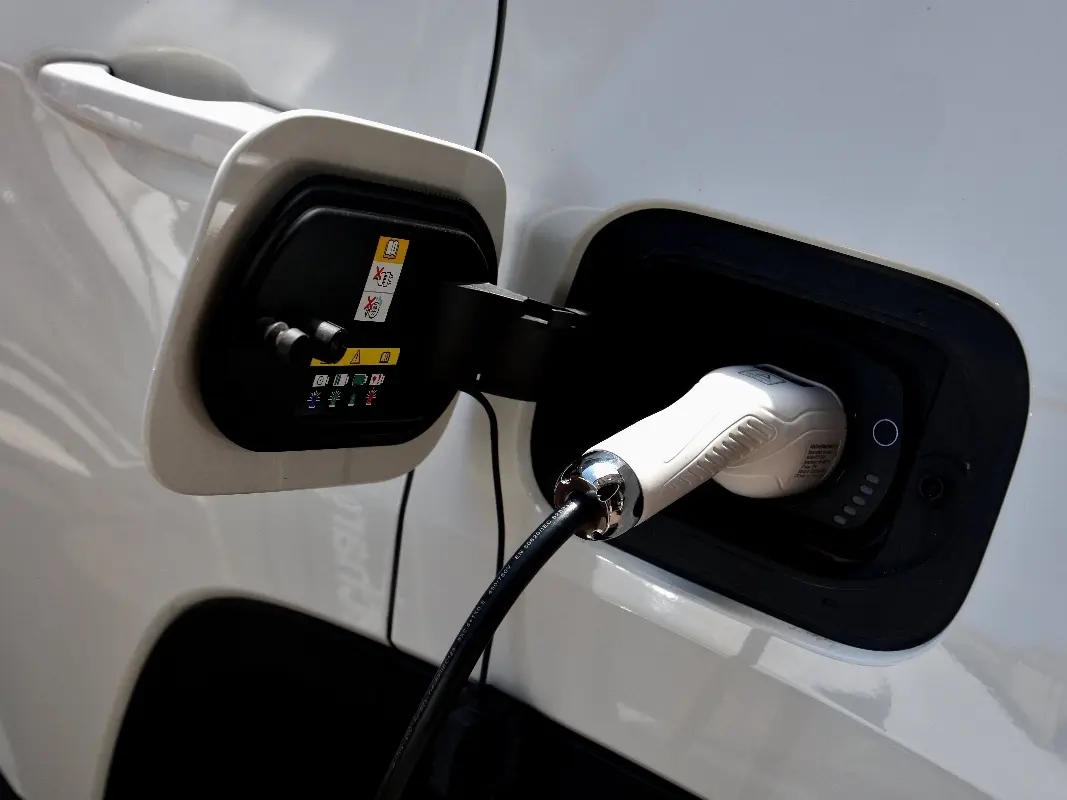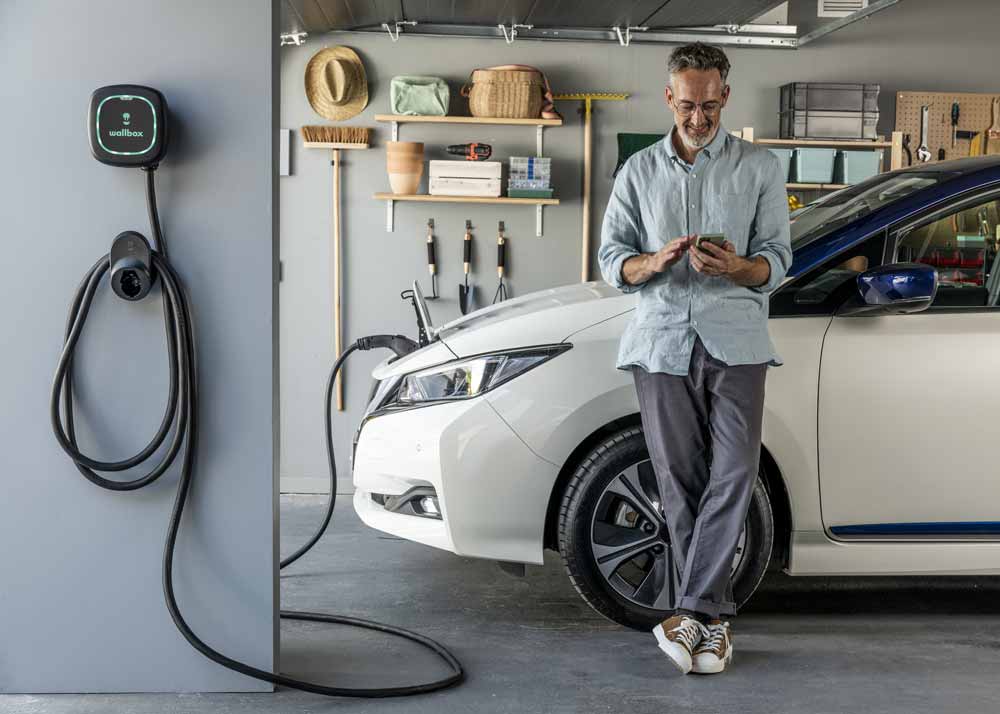- Services
- Air Circuit Breaker Testing
- CCTV Installations & Repairs
- Ceiling Fan Installations & Repairs
- Chandelier Installation Services
- Circuit Breaker Installation & Repair
- Consumer Mains
- Data Cabling
- Electrical Fitouts
- Electric Meter Replacement & Upgrades
- Electrical Renovation Services
- Electrical Safety Inspections
- Electrical Thermal Imaging & Switchboard Scanning
- Electric Vehicle Charger Installation
- Energy Meter Repairs
- Energy Audits
- Exhaust Fan Installation
- Exit & Emergency Lighting Installs
- Glossary Of Horsell Electrical Services
- Home Electrical Rewiring
- Industrial Electrical Maintenance
- Instrumentation Calibration
- Oven, Cooktop & Rangehood Installs & Repairs
- Phone Line Repair
- PLC Programming and Automation
- RCD Testing
- Shop Defit
- Smoke Alarm Installation & Maintenance
- Standby Generator Installations & Repairs
- Surge Protection Installation
- Switchboard Upgrades, Installs & Repairs
- Test and Tag
- Three Phase Power Installation
- Underground Electrical Contractors
- Variable Frequency Drives
- Types of Electrical
- Hot Water
- Services
- Air Circuit Breaker Testing
- CCTV Installations & Repairs
- Ceiling Fan Installations & Repairs
- Chandelier Installation Services
- Circuit Breaker Installation & Repair
- Consumer Mains
- Data Cabling
- Electrical Fitouts
- Electric Meter Replacement & Upgrades
- Electrical Renovation Services
- Electrical Safety Inspections
- Electrical Thermal Imaging & Switchboard Scanning
- Electric Vehicle Charger Installation
- Energy Meter Repairs
- Energy Audits
- Exhaust Fan Installation
- Exit & Emergency Lighting Installs
- Glossary Of Horsell Electrical Services
- Home Electrical Rewiring
- Industrial Electrical Maintenance
- Instrumentation Calibration
- Oven, Cooktop & Rangehood Installs & Repairs
- Phone Line Repair
- PLC Programming and Automation
- RCD Testing
- Shop Defit
- Smoke Alarm Installation & Maintenance
- Standby Generator Installations & Repairs
- Surge Protection Installation
- Switchboard Upgrades, Installs & Repairs
- Test and Tag
- Three Phase Power Installation
- Underground Electrical Contractors
- Variable Frequency Drives
- Types of Electrical
- Hot Water




